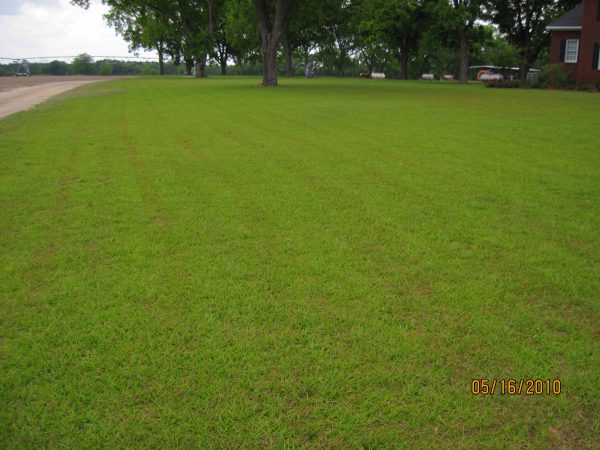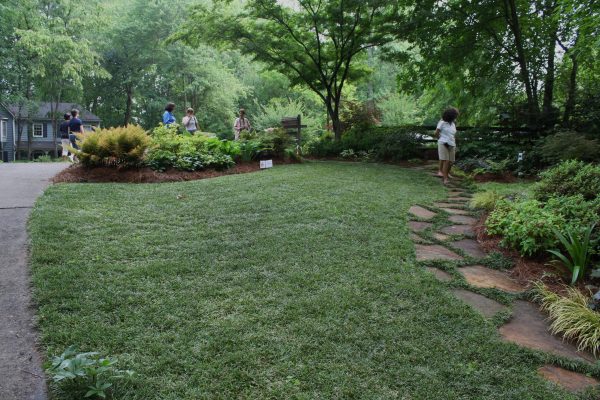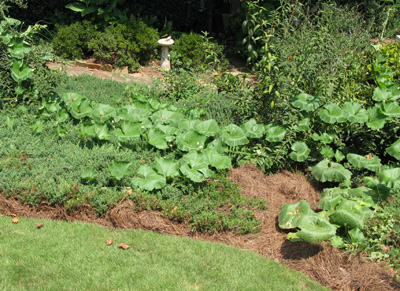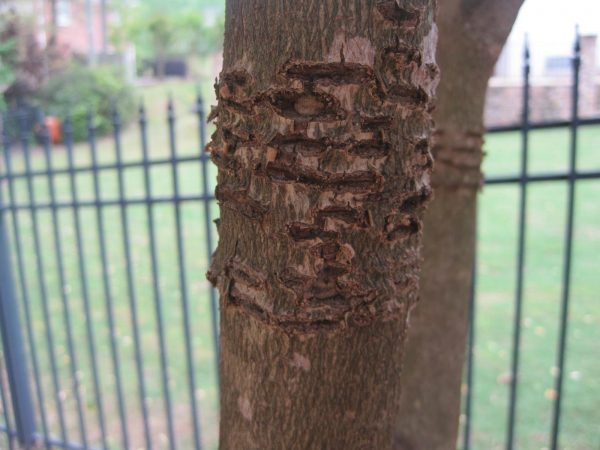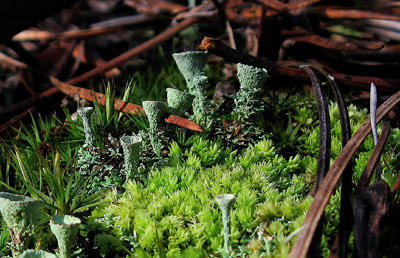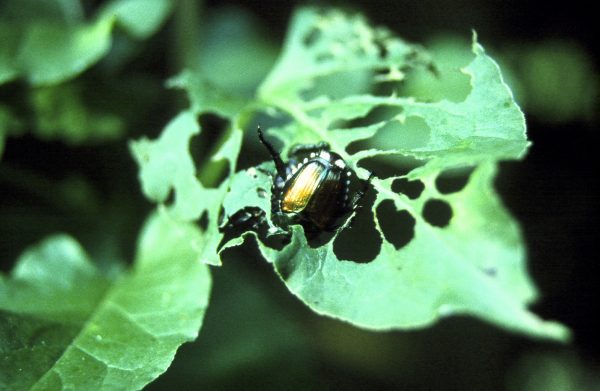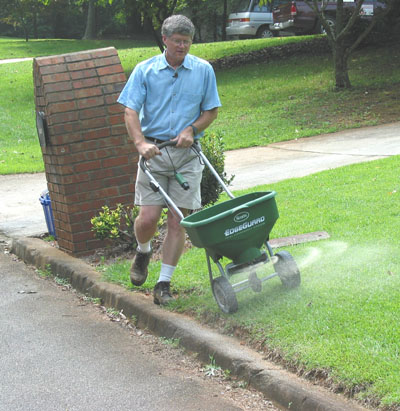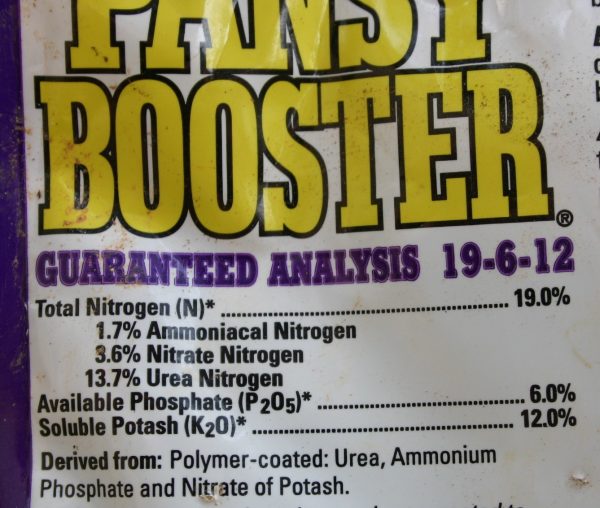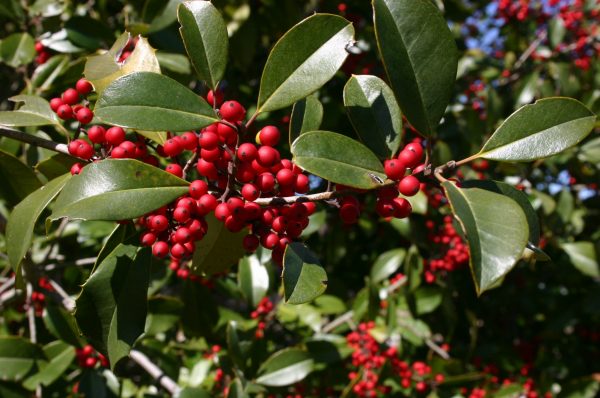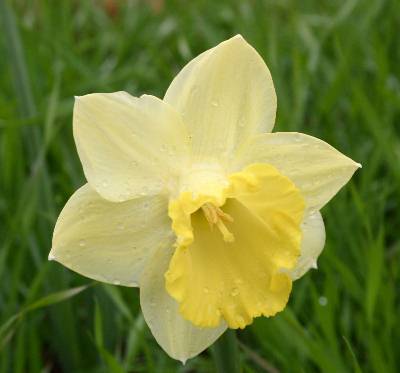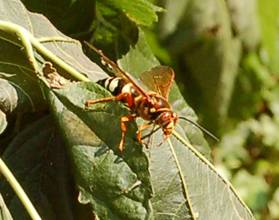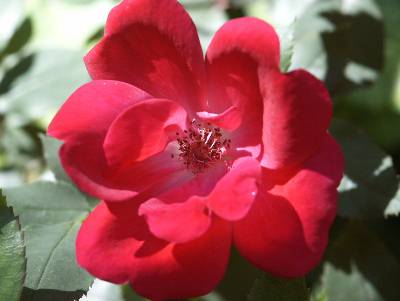Lawn – Choices Before You Plant

I was once asked by a writer for Publisher’s Weekly what trends I saw in the local gardening arena. I replied that I sensed homeowners are beginning to realize that they don’t have to have the biggest lawn in the neighborhood in order to have the most attractive landscape. The writer then asked me what garden question is most frequently sent my way. “Lawn care, without a doubt!” I laughingly replied. “No matter a lawn’s size, the craft of keeping it looking nice is still a mystery to many Georgia gardeners!”
SUNNY LAWN Richard M. poses one of the most common lawn questions: “I am planting a new yard. The yard is mostly sunny. What is the best grass for the Georgia climate? The lawn should be able to handle our heat and rainfall and require minimal maintenance.”
Mentioning that the area is sunny immediately sets up choices for Richard. Bermudagrass, zoysiagrass and centipedegrass love sunshine but decline under shade. If a proposed lawn area gets at least eight hours of full sunshine per day, these grasses are excellent choices.
Why not fescue? Because although fescuegrass can look good when grown in full sunshine, it requires thorough soil preparation and also irrigation in hot, dry weather. Richard is looking for minimal maintenance, so fescue is not his best choice.
OTHER FACTORS Once a turfgrass has been matched to the available sunlight, what other factors come into play?
Cost of installation and summertime appearance seem obvious next choices. Sodding any of the sun-loving warm-season grasses is expensive but it results in an instant lawn. If your pocketbook can afford it, sod will give you immediate pleasure. The deep green color of a hybrid bermudagrass or zoysiagrass lawn is appealing to the most discriminating lawn fancier.
Planting a warm-season lawn using seed is possible but more problematic. How will you control weeds while the slowly germinating seedlings appear? Can you apply water often enough to keep the seedbed evenly moist? Is there any possibility that rain-caused erosion will sweep your expensive seed down the hill and into the gutter before the grass is established?
The final appearance of seed-grown bermudagrass and zoysiagrass must also be taken into account. Seeded bermudagrass is typically coarser and lighter green in color. ‘Yuma’, ‘Sahara’ and especially ‘Princess 77’ seeded bermudagrass come close to the beauty of the sodded varieties. ‘Zenith’ seeded zoysiagrass is very similar in appearance to sodded ‘Meyer’ zoysiagrass but is slower to establish from seed than other seeded grasses.
MAINTENANCE Establishing a lawn is only the first battle. Keeping it looking good will occupy your thoughts for as long as you own it. Jay M. is fighting erosion in his lawn. He says, “In areas where there is a lot of flow during rain my grass is very splotchy, covering about thirty percent of the available area. I believe this was caused by the heavy rains we had during the fall. How should I approach the problem areas this spring?”
My response to Jay was immediate and dictatorial. “You MUST fix the water flow problem first! No grass will grow where water flows rapidly or frequently. Period!”
I suggested to him that one or more rock-lined dry creekbeds have solved erosion problems for many Atlanta homeowners. Large operators like Post Properties down to smaller-scale landscape designers use them frequently to interrupt, collect and channel the flow of water. Pike Design Group buys tons of flat, pancake-shaped stones and uses them to line the shallow channels they includes for water control in his landscape designs.
I think my reply to the Publisher’s Weekly interviewer is worth your thought. Most of us do have more lawn than we really need. Lawns require time for maintenance — time that could be better spent interacting with your family or visiting with your neighbors. If you want calendars and maintenance guides for your lawn, visit Lawn Calendars and Cultivation and peruse the lawn hints I’ve collected for you there. If you simply must have a lawn, choose the right grass first, regulate its size, fix erosion problems and don’t let your lawn be the boss of your landscape.



